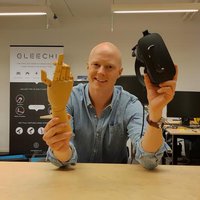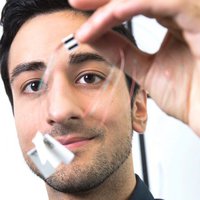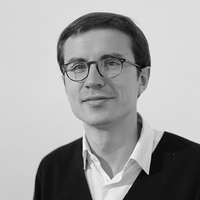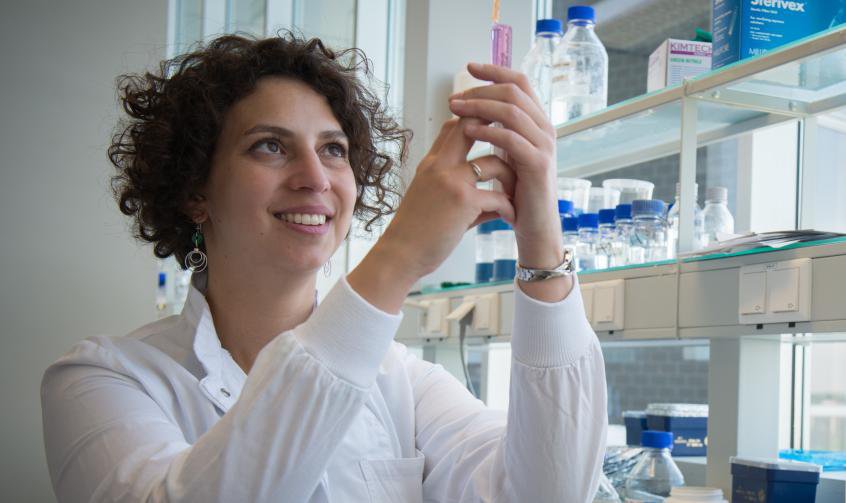Immune therapies are, officially, some of the most promising treatments around in the cancer space. These therapies work by enlisting the body's own immune system to fight against an illness, which reduces the probability of suffering side effects as compared to pharmalogical treatments, like chemotherapy. There are numerous ways of activating the immune system: with drugs like monoclonal antibodies, proteins like cytokines or with cells from the patient´s own immune system, whether genetically modified or not. To date, immune therapy trials have achieved very promising results. For example, the drug nivolumab has elevated the survival rate for patients of metastasic melanoma by 27% over the course of five years. The monoclonal antibody pembrolizumab has demostrated a 37% reduction of the risk of mortality for matastasic melanoma. Thanks to these results, the American Society of Clinical Oncology (ASCO) named immune therapies as one of the greatest advances of 2017.
After three years of research, the young Belgian Damya Laoui has discovered two types of cells capable, without modifications of any kind, of stimulating the immune system to slow tumor growth. This breakthrough has led to Laoui´s recognition as one of MIT Technology Review, Spanish edition´s Innovators Under 35 Europe 2017. These two cells belong to a category called dentritic cells, which are found in the immune system. One activates other cells, catalyzing the release of toxic enzymes, and the other drives the production of cytokines, proteins which regulate the communication between cells within the immune system.
Laoui's approach is simple. When both types of cells are found in a tumor, they remain inactive. This young research only had to extract and isolate them in order to reactivate their inherent activity before reinjecting them back into the host organism to unleash their cancer fighting potential. The results from an animal trial with rate demonstrate that this approach is indeed able to slow tumor growth.
"Most immune cells within the human body are supposed to fight against disease, but there are some which stimulate tumor growth. And we have discovered that there are others capable of protecting the patient from their cancer, and those are the ones we have used to create a new vaccine based on the patient´s own immune system," the young innovator explains.
Although Laoui´s treatment has yet to be tested in humans, it could have an enormous impact on certain types of cancer which do not currently respond to conventional treatments, like chemotherapy, or those which are resistant to the immune therapies already being applied. Lung cancer, which represents the number one cause of death by cancer amongst men worldwide, and colorectal cancer, the second most common cancer in Europe, are believed to benefit the most from this treatment method. Although Laoui believes her treatment could be tested with localized tumors located elsewhere, since "this type of cell is present in every tumor."
Laoui´s project will not initiate clinical trials until at least two years from now, and it will take 10 to confirm its effects. "We need more research, since it´s not progressing as quickly as it should," Lauoi highlights. According to the researcher, "more time and more money" are needed in order for this type of therapy to reach the patients who most desperately need it as quickly as possible.
The founder and scientific director of Ribbon Synthetic Biolabs and jury member for the Innovators Under 35 Europe 2017 competition, Harold de Vladar, commends Laoui´s work as an "immeasurable" contribution to society that will "greatly improve the quality of life of cancer patients and their families."
By Laura Crespo
Translation: Teresa Woods




